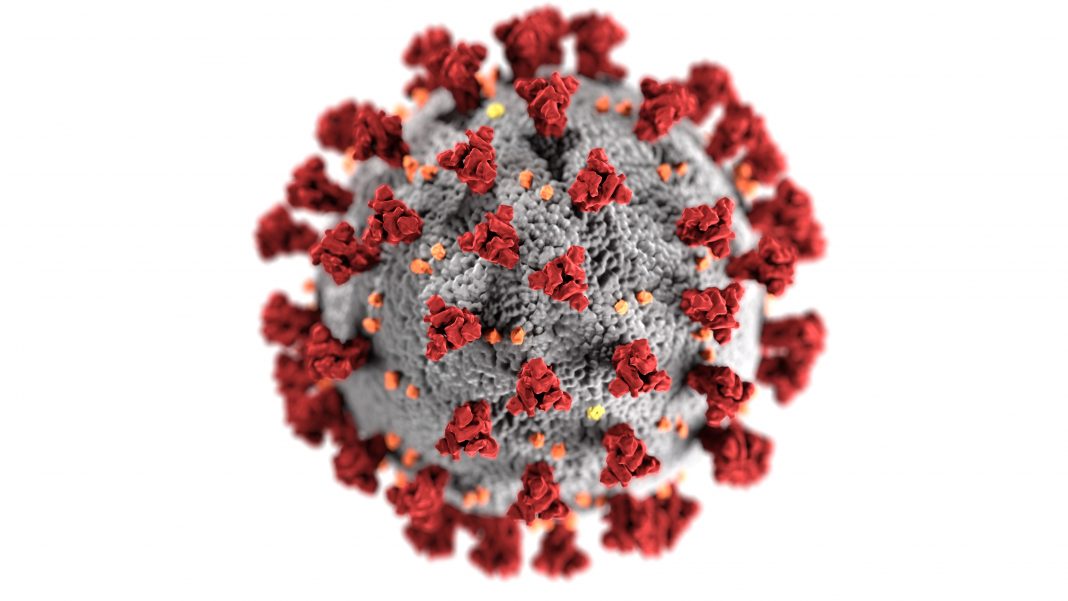“We are physically isolating, not socially isolating!”
The outbreak of COVID-19 is extremely challenging and may have a serious impact on your mental health. The first reason that this is a hard time for many of us is because we did not make the choice. We all hate it when we do not have a choice or feel helpless. Secondly, the lack of information and knowledge surrounding COVID-19 makes it even harder for many. There are so many uncertainties. How long will this continue? Will I or my family catch the virus? How will we cope? Will we end up in hospital, worse still on an ITU? What about my work? Will my job continue? What will happen financially in six months or a year? Will I be able to keep my horse(s) or business?
While people are trying to give their expert opinion, it is sometimes difficult to discriminate genuine facts from predictions and forecasts. During times such as this, our brains are wired to need more information. Many people like to plan things in advance. They like to know what is happening next week, next month and in six months. Uncertainty brings stress and anxiety, making you drawn to trying to find information to understand the unknown. Unfortunately, we find ourselves in a situation like never before. No one really knows what will happen in a month. While everyone and anyone can provide an opinion, nobody can predict the future. We all have to accept that we can only take one day at a time and accept the circumstances as they happen, with very little planning ahead.
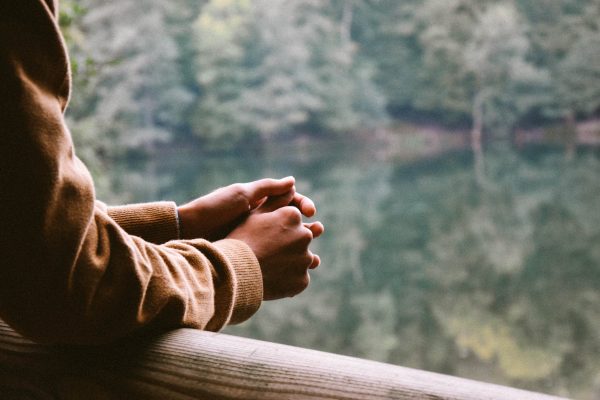
“But what if it all falls apart?”
We all like to think ahead. Worrying is not always bad. However, bad worrying is thinking ahead that can result in us feeling anxious and depressed. When we worry it is like a spiral of thoughts and images, that can progress to imagining catastrophic, unlikely or worst-case scenario outcomes. Worry does not just affect our head. It can cause muscle tension and pains. It can cause insomnia, restlessness and an inability to relax. It can affect your focus and concentration. You may experience difficulty following a conversation or watching a movie. It can cause fatigue.
“Are there different types of worry?”
We experience two types of worry. One is real life problem worries and the second is hypothetical worry. The worries we must all focus on at the moment include the real life problems. We must make sure we find solutions for these. These can include making sure you have food to eat while maintaining social distancing, being aware of the symptoms of COVID-19, making sure your friends and family are safe and well. You must become aware of when your thoughts become hypothetical and leave you feeling demoralised, upset or exhausted. If you find yourself worrying about hypothetical issues remind yourself it is not a problem you can solve right now. Try to find something else to focus on.
Due to COVID-19 the majority of the population will be staying at home. For many, regular social activities will no longer be available. Human beings are social. We enjoy time spent with each together. We enjoy physical closeness. It is extremely difficult not being able to see a family member or a friend or a colleague, especially during periods of celebration such as birthdays, anniversaries or holidays. It is even harder not being able to hug someone close to you when you see they are struggling mentally or physically. The basic things such as giving a hug have suddenly been taken away from us.
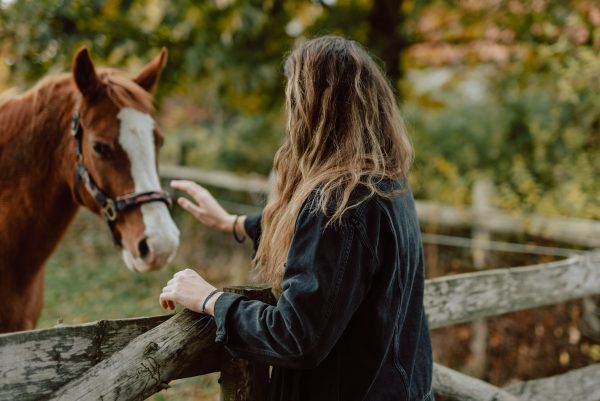
While there are many aspects of our lives we have little control, there are still many areas of our lives we still have control. While we certainly have lost a lot of what we have always done, we can certainly take advantage of the things we have and the opportunities around us. While we cannot physically be with family and friends, we now have the time. We have to become creative to maintain a good social balance. Try to think of ways you can do social things at a distance. You could arrange with a friend or family member to watch a movie and have a review session, visit an art gallery online, or visit the online zoo and discuss. This is the time for long conversations on the phone, online or video calls. You could even try a family game of scrabble or monopoly online. This is the time to do the jobs you never got around to at home or in the garden.
“Change your mindset. Instead of thinking you are locked up in your home, think that you are making a sacrifice to help others. Feel pride that we are all playing our own unique role.”
Another aspect of COVID-19 is the emotional guilt. During this global health crisis all of us, at some point, will feel guilt. We might be a parent trying to home school and juggle working from home. We might be a critical worker feeling anxious we may infect our family. We might find ourselves infecting a family member and watch them become ill with little we can do. We might feel guilty that others are out being a critical worker and we feel we are not playing a role. We might feel guilty we are unable to deliver food to a parent or older relative or help get their prescriptions with them having to rely on strangers. We might feel guilt that our concern is not seeing our horse or riding our horse and yet there are others around you that are sick or in hospital or planning a funeral.
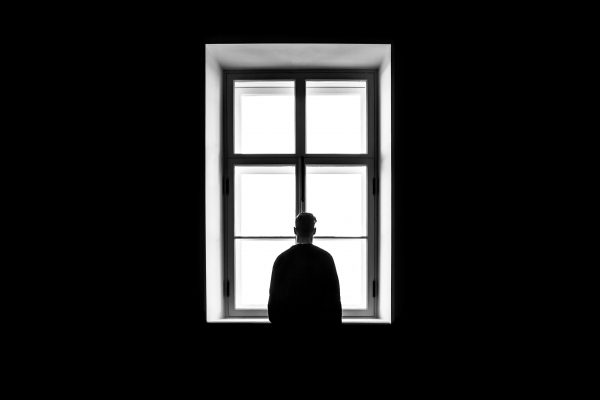
You do not need to feel you are alone, or feel you need to do this alone. If you have received a letter and you are shielding for three months, or you are a critical worker, or you have COVID-19 and are sick, it is normal to feel scared, anxious, fear, depressed and alone. You might not feel like a hero, even though everyone is calling you a hero. If you are at work, there might be support offered to you. Otherwise there are online resources and support. There is no shame in asking for help. Everyone is different and will react differently. Once you get the help, you can help others.
“We all have our own role to play. We are all heroes.”
Whether we are part of the national critical worker team or not, we can all play a significant role. We can all limit our activities outside. Stay home as much as possible. When we are outside, we can maintain our distance. Reduce contact on surfaces. However, there is no reason we should walk with our heads down. If you are in a queue a smile can make such a difference. A wave to a neighbour or a nod to a stranger is allowed. Leaving a note on the door saying ‘thank you’ for the postman. We have a choice whether we go out or not. If you decide to stay in, you are playing a significant role in helping. When you do step outside, limiting the time and maintaining the physical distancing and hand washing will all contribute. Picking up the phone and talking to a family member or friend is helping. Checking on a neighbour or helping with their shopping or prescriptions is helping. Calling someone in isolation who has COVID-19 or shielding for three months is helping. You might send a gift or write a letter to cheer someone up. Teach someone a skill.
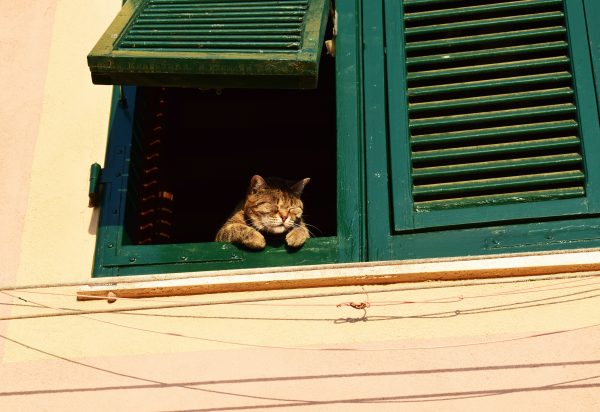
Finally, take a moment to reflect on how we want to be remembered after this pandemic is over. Use this to form goals and structure your days.
A few further tips to consider during this health crisis
- It is okay to not be okay. We might all find ourselves waking up in the morning or lying in our bed at night feeling miserable or frustrated or angry or bored. It is okay to cry. We must accept our feelings. We will find we have good days, average days, and really bad days.
- There is no shame in asking for help. This is a time that we must all seek help in whatever form we need it. It might be to get food from a food bank, apply for a mortgage break or get financial aid. It might be a listening ear from a friend or family member, asking your child to sit quietly in front of the TV while you have a work meeting, or going online to talk to a professional about our feelings.
- While the circumstances have changed, we are essentially all the same people. We have not lost our skills. We might just need to think about how we apply them to our changing circumstances. Think about your past struggles and how you got through them.
- This virus has brought with it panic and anxiety. We all need to shut off and have a time to calm the mind. Think about what makes you calm. It might be reading, watching a movie, listening to music, having a bath. Others include being with your pets, drawing a picture or colouring, meditating or yoga, going for a walk or jog. Mindfulness tasks includes simply taking time to listen to the birds, or listening to the silence, or hearing your breathing. If you do not have an activity that calms you, use this time to discover one.
- This is a time to reflect on your personality. Many of you like routine. You might like planning your lunch the night before and your outfit. There is no reason to not continue this. You can still make a things-to-do list, but the contents will be different. You might try making a video diary or write a few notes each day about your feelings and emotions. Maybe try to learn a new skill and try something new to challenge yourself.
- Be aware that ambiguous, novel, and new situations, as well as unpredictability, are all triggers for increased anxiety and stress. COVID is open to different interpretations; we have very little experience to compare it with and it is very unclear how things will turn out. There is no doubt we are all experiencing heightened anxiety and stress. Share your thoughts about your feelings and try to be honest and open. Listen to others and be there for them. Also show compassion to yourself and others.
- Your worries are not urgent. For many when we worry about something you feel an urgency about it. We feel like we have to engage in it immediately. We feel it needs to be dealt with right now. However, we might find if we postpone the thought, say to ourselves “I will think about this in a few hours or tomorrow,” we find we revisit the problem with different emotions.
- At the end of each day, no matter what has happened during the day, try to practice gratitude. Remind yourself of the things or people we are grateful for.
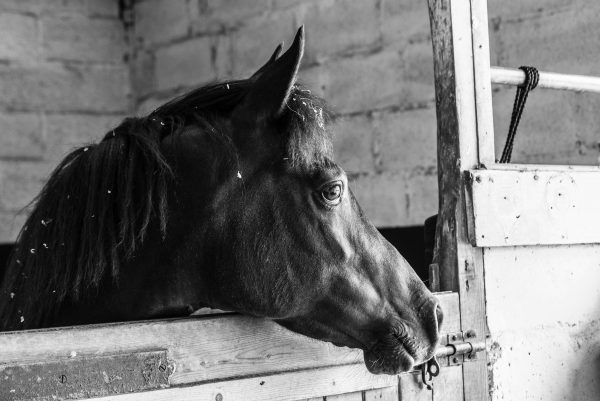
 Dr Lynn Pal [BSc (Hons), PGDip Sport, PGC (BPS personality A and B), PGDip CBT, MBCT, PhD, PGCHE, C Psychol.] is a Neurobiological and Behavioural Chartered Psychologist with a background in Biomedical Sciences and Psychology. Specialist professional qualifications and training include cognitive behavioural therapy, mindfulness, sport psychology and psychoneurobiology. Experience includes 15 years in teaching undergraduate and postgraduate students, an academic career including national and international research publications, consultancy work in national audits and national/international sporting teams, research supervision and a portfolio of sport, health and clinical clients. Dr Lynn Pal provides free sport psychology tips and research updates on social media www.facebook.com/drlynnpal If you are interested in working with Lynn please contact lynn.s.pal@gmail.com.
Dr Lynn Pal [BSc (Hons), PGDip Sport, PGC (BPS personality A and B), PGDip CBT, MBCT, PhD, PGCHE, C Psychol.] is a Neurobiological and Behavioural Chartered Psychologist with a background in Biomedical Sciences and Psychology. Specialist professional qualifications and training include cognitive behavioural therapy, mindfulness, sport psychology and psychoneurobiology. Experience includes 15 years in teaching undergraduate and postgraduate students, an academic career including national and international research publications, consultancy work in national audits and national/international sporting teams, research supervision and a portfolio of sport, health and clinical clients. Dr Lynn Pal provides free sport psychology tips and research updates on social media www.facebook.com/drlynnpal If you are interested in working with Lynn please contact lynn.s.pal@gmail.com.


